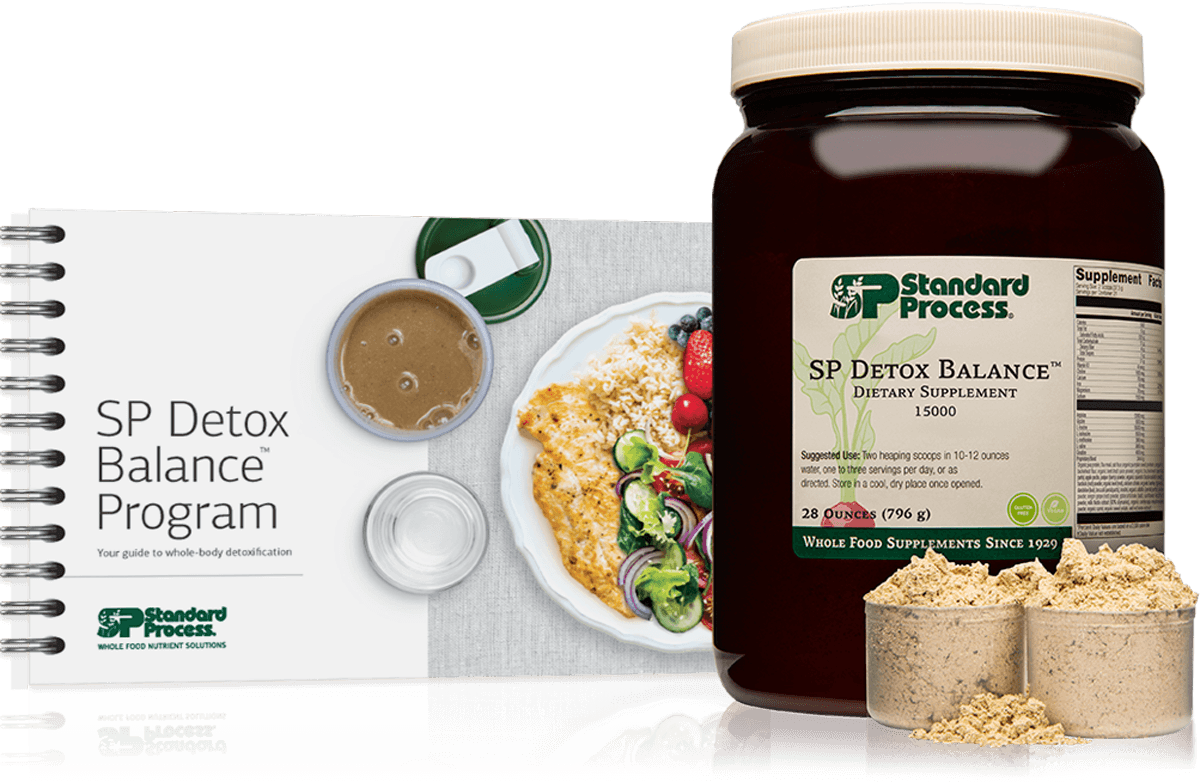Testing your Zinc status with Standard Process
Sufficient Zinc fuels over 300 enzymatic reactions


Zinc, a trace mineral, plays a crucial role in numerous bodily functions, including immunity, fertility, digestion, liver detoxification, wound healing, and DNA synthesis. However, its significance often goes unnoticed, especially when it comes to its impact on digestion. The zinc taste test has proven its effectiveness in identifying zinc deficiencies, as published in studies within the Lancet, the British Medical Associations National Formulary, and the American Journal of Natural Medicine. Taste (gustation) serves as a reliable indicator of the body's functional zinc stores. Research suggests that low zinc levels can also lead to deficiencies in vitamin B6, magnesium, and the stomach's ability to produce hydrochloric acid (HCL).

Symptoms of Zinc Deficiency
While zinc deficiency is uncommon in developed countries, it can still occur in certain populations and lead to various health concerns. Here are some common symptoms of zinc deficiency:
Skin problems: Dry, scaly skin, rashes around the mouth and nose, and delayed wound healing are common signs.
Hair loss: Thinning hair or hair loss can occur due to zinc's role in hair growth and cell division.
Diarrhea: Frequent loose stools can be a symptom, particularly in children with zinc deficiency.
Weakened immunity: Zinc plays a crucial role in immune function, and deficiency can increase susceptibility to infections.
Loss of taste and smell: This can occur because zinc is involved in taste and smell perception.
Growth delays: In children, zinc deficiency can hinder growth and development.
It's important to note that these symptoms can also be caused by other underlying conditions. Consulting a healthcare professional for proper assessment is crucial if you suspect a zinc deficiency.
Assess your Zinc Status

Understanding Zinc's role in the Digestive Process and HCl production:
Many hold the misconception that the stomach is a constantly churning, acidic pit. In reality, the stomach remains flat when empty and expands upon receiving food, triggering the production of hydrochloric acid. This process takes approximately 45 minutes, and HCL's primary function is not to directly digest food, but rather to activate pepsinogen, an inactive protein-digesting enzyme, into its active form, pepsin. The components of hydrochloric acid, hydrogen (H+) and chloride (Cl-), originate from the bloodstream and are combined within specialized stomach cells called parietal cells. This production occurs solely within the stomach, which is normally protected by a thick layer of mucus. Therefore, when people experience indigestion and reach for antacids, it's often not due to excessive acid, but rather the stomach's inability to produce sufficient protective mucus. Additionally, hydrochloric acid plays a vital role in eliminating bacteria and parasites that may enter the body through food.
A low zinc score on a taste test often indicates both reduced hydrochloric acid production and deficiency in coenzymes, which are essential for various metabolic processes.

Zinc-Rich Food Sources:
To ensure adequate zinc intake and support optimal digestive function, consider incorporating these foods into your diet:
- Oysters (3 mg zinc per 3 ounces cooked)
- Beef (5 mg zinc per 3 ounces cooked)
- Lamb (4.4 mg zinc per 3 ounces cooked)
- Chicken (2.5 mg zinc per 3 ounces cooked)
- Pumpkin seeds (7 mg zinc per 1/4 cup)
- Lentils (3.3 mg zinc per 1/2 cup cooked)
- Chickpeas (2.7 mg zinc per 1/2 cup cooked)
- Dark chocolate (7 mg zinc per 1 ounce)
Conclusion: Assessing Zinc and supplementing with the right form is essential
Not all forms of Zinc are safe for consumption in high quantities. Read our post on Zinc Oxide HERE
Disclaimer: This article is designed to inspire and inform you about thyroid health and wellness. While we strive to provide valuable insights and suggestions, please remember that this information serves as an educational resource and not a replacement for professional medical advice. We strongly encourage you to consult with healthcare professionals, especially qualified cardiovascular specialists, for personalized advice and treatments. These specialists are equipped with the expertise and experience necessary to guide you on your journey to optimal heart health. They can provide tailored recommendations, considering your unique health profile and needs. Remember, incorporating professional medical guidance along with the knowledge gained from this article can empower you to make informed decisions about your heart health and overall well-being. Let's embrace a proactive approach to heart health, guided by expert advice and enriched by our shared insights.

Helpful Links and References
1. Kasprzak WS, et al. "The effects of zinc supplementation on taste acuity of adults residing in nursing homes." Ann Nutr Metab 2003;47(1):21-25.
2. Gibson RS, et al. "A review of the evidence for the use of zinc supplementation in the treatment of diarrhea." Aliment Pharmacol Ther 1998;12(11):971-81.
3. Chandra RK. "Zinc and immunity." Immunol Cell Biol 2002;80(2):149-160. https://www.ncbi.nlm.nih.gov/pmc/articles/PMC2277319/
4. Friedman MI. "Pepsin: structure, function, and inhibition." Peptides 2004;25(4):693-703.
5. Soltani N, Bhawan J, Ahmadi AH, Sahebkar A., Prevalence of zinc deficiency in atopic dermatitis: A systematic review and meta-analysis. Int J Dermatol. 2015;54(12):1383-92.
6. Prasad AS, Mantzoros CS, Beck FW, Sinclair JD, Lithgow GJ. Zinc deficiency in humans: symptoms and signs. J Am Coll Nutr. 1993;12(3):295-316.
7. Brown KH, Peeling RW, Wiggins K, et al. Effect of oral zinc supplementation on acute diarrhea in young children in Vietnam: a double-blind, placebo-controlled trial. Am J Clin Nutr. 1998;68(2 Suppl):271S-276S.
8. Chandra RK. Zinc and immunity. Immunol Cell Biol. 2002;80(2):149-160.
9. Drake VL, Breslow RJ. Olfactory and gustatory dysfunction in zinc deficiency. Am J Clin Nutr. 1994;59(4):777S-782S.
10. Hambidge KM, Krebs NF. Zinc deficiency in human growth and development. J Am Coll Nutr. 1996;15(2):133-39.





